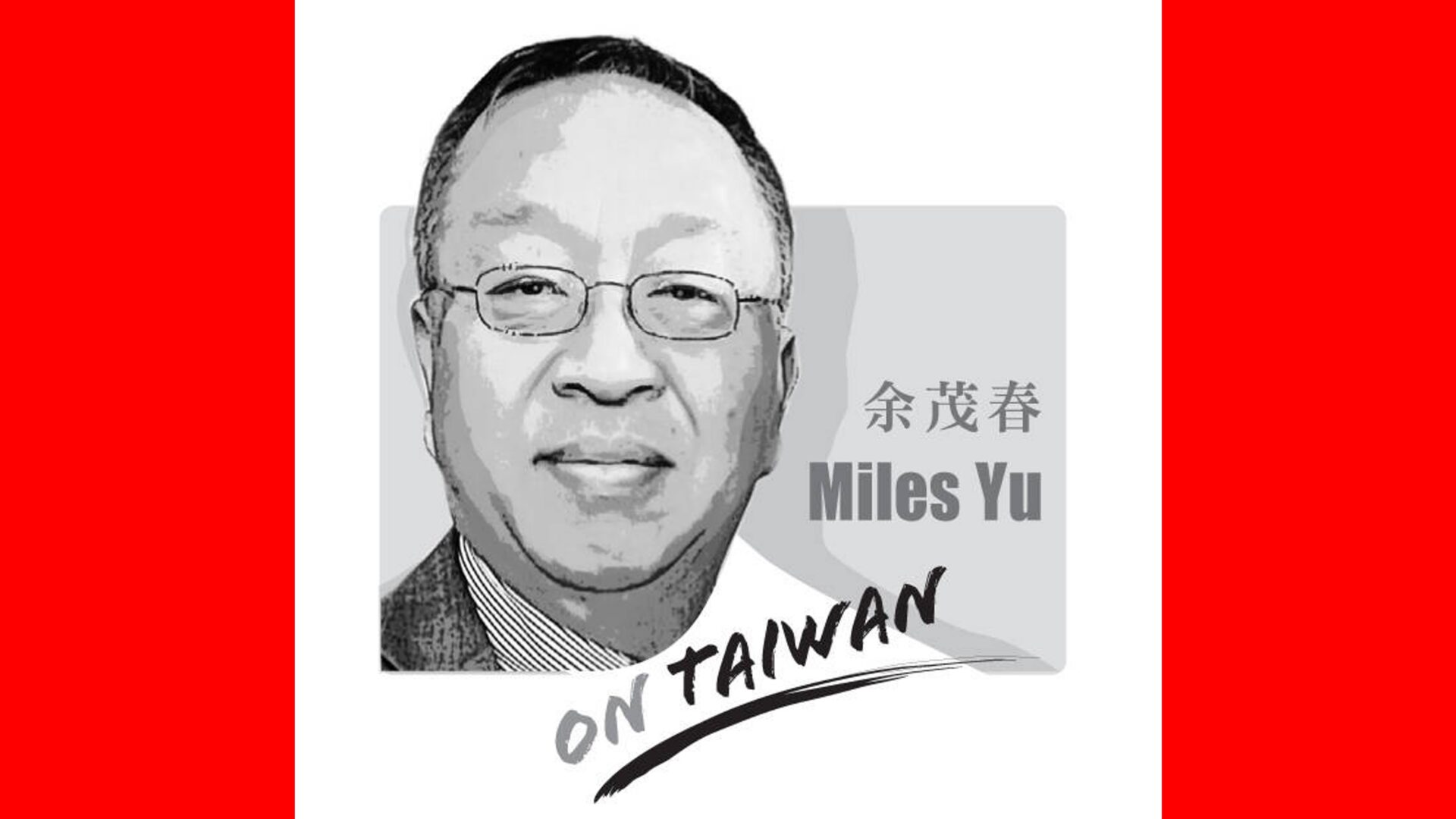
Rep. Mike Waltz pushes for new House AI committee at Krach Institute/Global Tech Security Commission event
Axios
06.06.23From Axios Login:
Rep. Michael Waltz (R-Fla.) Monday called for the creation of a House committee dedicated to AI in an exclusive interview at an Atlantic Council event with Axios’ Ryan Heath.
Why it matters: Waltz’s call is the first time a member of Congress has publicly called for a new Congressional body dedicated to tackling AI issues.
- Pressure on Congress, and debate among members of Congress, has until now focused on the need for regulation and possibly a federal agency dedicated to AI.
Zoom out: Waltz, a China hawk who fills Ron DeSantis’ old seat, is co-chair of a new, bipartisan think tank called the Global Tech Security Commission.
Be smart: Several Congressional committees already are already wading into AI-related issues.
- The Senate Judiciary Committee, which conducted hearings in May, will hold hearings on AI and intellectual property on Wednesday.
- The House Judiciary Committee and House Science, Space and Technology Committee are also active.
- A bipartisan Congressional AI Caucus has 52 members.
What they’re saying: Waltz warned that Congress is not paying enough attention to AI and could “screw this up,” and called AI the biggest unaddressed threat in the U.S.-China relationship.
- “We need a very small and select committee,” Waltz said, made up of the representatives most knowledgeable on AI and able to do “deep dives.”
- Waltz rejected the idea of pausing AI innovation as “incredibly dangerous” because it would hand economy and military advantages to China.
The other side: David Spirk, a senior counselor at Palantir Technologies and former chief data officer at the Pentagon, told Axios that centralizing Congress’ AI activities “probably is a mistake” and instead urged every committee to improve its AI knowledge.
Related Posts

article
The Era Of ‘Tech Diplomacy’ Is Here
Technology is the new frontier of international relations. The interaction is bi-directional: technology is defining diplomatic matters while diplomacy is also influencing the development and deployment of technology. Take semiconductors as an example. This is a technology that forms the foundation of digital economy, national security, and productivity in almost all industries. Global supply chain in the semiconductor industry is shaping U.S. foreign policy. Conversely, America’s diplomatic effort has been redefining the supply chain. Tech diplomacy is different from science diplomacy, which became a key pillar for the U.S. and other countries since World War II. Scientists participated in treaty negotiations, engaged in bilateral summits and served as attachés at embassies. Primary topics included nuclear proliferation, super-collider construction, human space exploration and environmental science.

By: Miles Yu
article
Miles Yu On Taiwan: China’s lessons—and fears—from the Wagner revolt in Russia
For over a century, tumultuous events thousands of miles away in Russia have impacted China profoundly. Mao Zedong (毛澤東) famously said that the cannon sound of the October Revolution brought Marxism-Leninism to China. Now Xi Jinping (習近平) fears that last month’s Wagner revolt may provide a model for the Chinese Communist Party’s undoing.